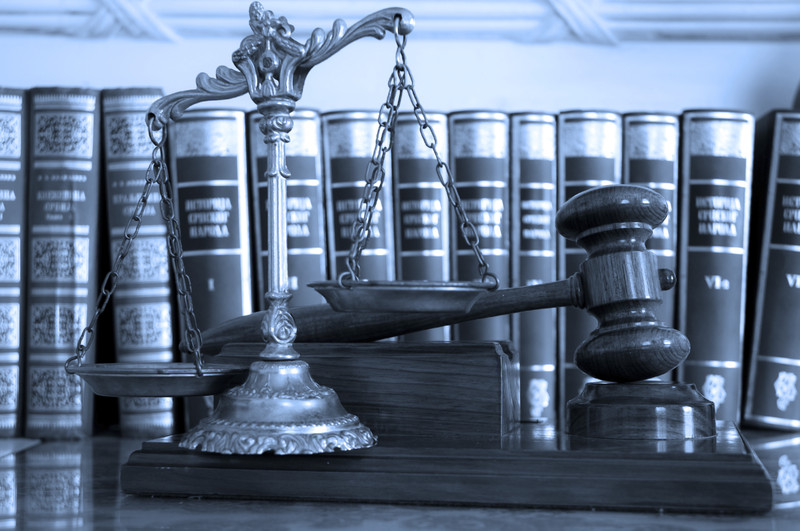I’ve yet to find a judge or anyone else who disagrees with my opinion that our country is more divided now than at any time since the Civil War. Disagreement is to be expected in a democracy. The problem is how we disagree. Simple disputes turn into screaming matches. Protests turn into violence. We no longer see someone with a different perspective—we see some thing that must be shouted down and defeated. It was an 18th-century English aristocrat, Lady Mary Wortley Montagu, who said, “Civility costs nothing and buys everything.” But that accounting seems lost on modern society.
NAPCO Conference 2025
Join NAPCO in Bellevue, Washington August 17-20, 2025
Read more →

